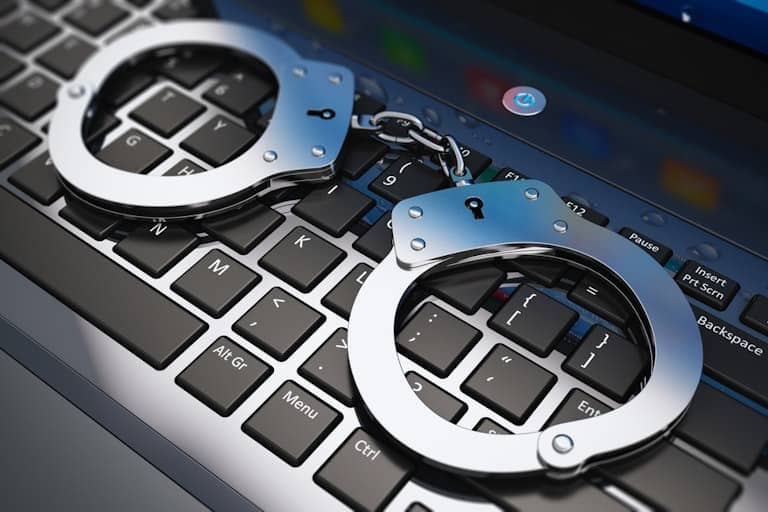By Amina Khalid Muhammad
The digital revolution has transformed life in Nigeria, giving citizens greater access to information and platforms to express opinions, mobilize for change, and hold leaders accountable. Nigerians now use social media and online reporting to assert their voices. But this freedom carries risks, as activism online increasingly clashes with government surveillance, restrictive laws, and arbitrary enforcement.
Nigeria’s constitution protects freedom of expression and privacy under Sections 39(1) and 39(2), allowing citizens to hold opinions, receive information, and operate media platforms. The Freedom of Information Act of 2011 also grants access to public records. However, the country lacks a comprehensive digital rights law.
The Nigerian Data Protection Regulation (NDPR) of 2019 only partially covers data privacy, leaving gaps that allow misuse of power and inconsistent enforcement.
Existing laws are sometimes misused to threaten digital freedoms. The Cybercrimes (Prohibition, Prevention, etc.) Act of 2015, meant to curb online fraud, has been used to silence critics. Provisions like Section 24 on “cyberstalking” can criminalize ordinary criticism of powerful people or institutions. Proposed laws, including the Protection from Internet Falsehood and Manipulations Bill and the Hate Speech Bill, also risk suppressing dissent rather than protecting citizens.
The human impact of these legal ambiguities is evident. Recently in Kano, two youths were arrested after criticizing a delayed road project on Facebook. In Niger State, a postgraduate student was detained for allegedly criticizing Governor Mohammed Umaru Bago online. In Jigawa State, activist Abba Muazu Abiyos, who exposed local government corruption, was arrested on orders of a local government chairman.
Journalists, bloggers, and ordinary citizens continue to face harassment and detention for exercising their constitutional rights. Even political disagreements online can lead to arrest, as in the case of APC member Abubakar Gossima in Jigawa.
These incidents highlight the fragile state of digital rights in Africa’s most populous country. With over 220 million citizens and growing internet use, Nigeria is a hub for digital activism—from #EndSARS protests to youth-led entrepreneurship. Yet, arbitrary arrests, social media bans, and censorship threats remain. The 2021 Twitter ban, lasting more than seven months, showed the economic and social costs of government control over digital platforms.
Civil society groups, notably the Centre for Information Technology and Development (CITAD), continue to push tirelessly for the Digital Rights and Freedom Bill and other reforms. Their advocacy highlights the importance of defending digital spaces as vital arenas for freedom, accountability, and civic engagement. Despite weak enforcement, limited public awareness, and intimidation tactics by some officials, CITAD’s efforts remain pivotal in ensuring that Nigerians can exercise their rights without fear.
In this environment, expressing an opinion online can be risky, revealing a paradox in Nigeria’s democracy: citizens have constitutional rights, yet exercising them can lead to punishment.
Digital rights are not just legal or technical privileges—they are human rights. They include the ability to communicate, access information, and participate in public discourse through digital tools. Protecting these rights is vital for democracy, accountability, and civic engagement. Without clear laws, responsible enforcement, and respect for constitutional freedoms, Nigeria risks turning digital activism into a crime, undermining both the potential of its citizens and the promise of its democracy.
Amina Khalid Muhammad is an Intern at CITAD Online Radio and writes from Kano, Nigeria.

